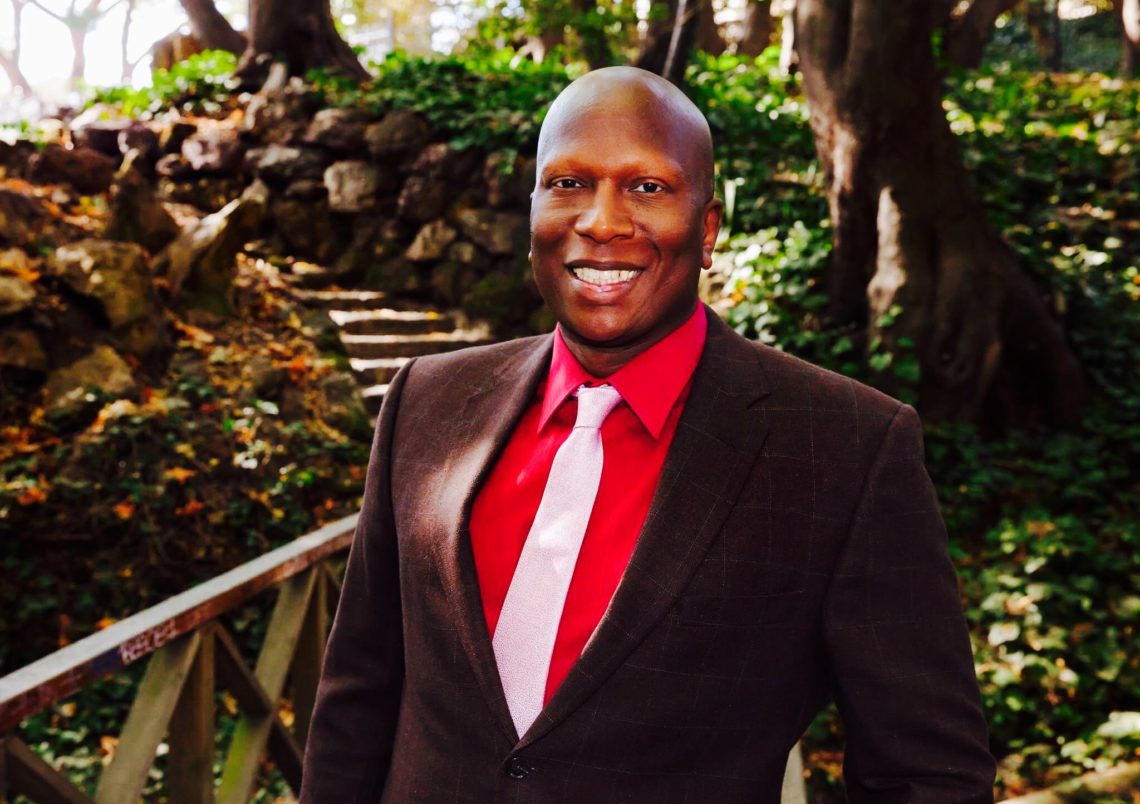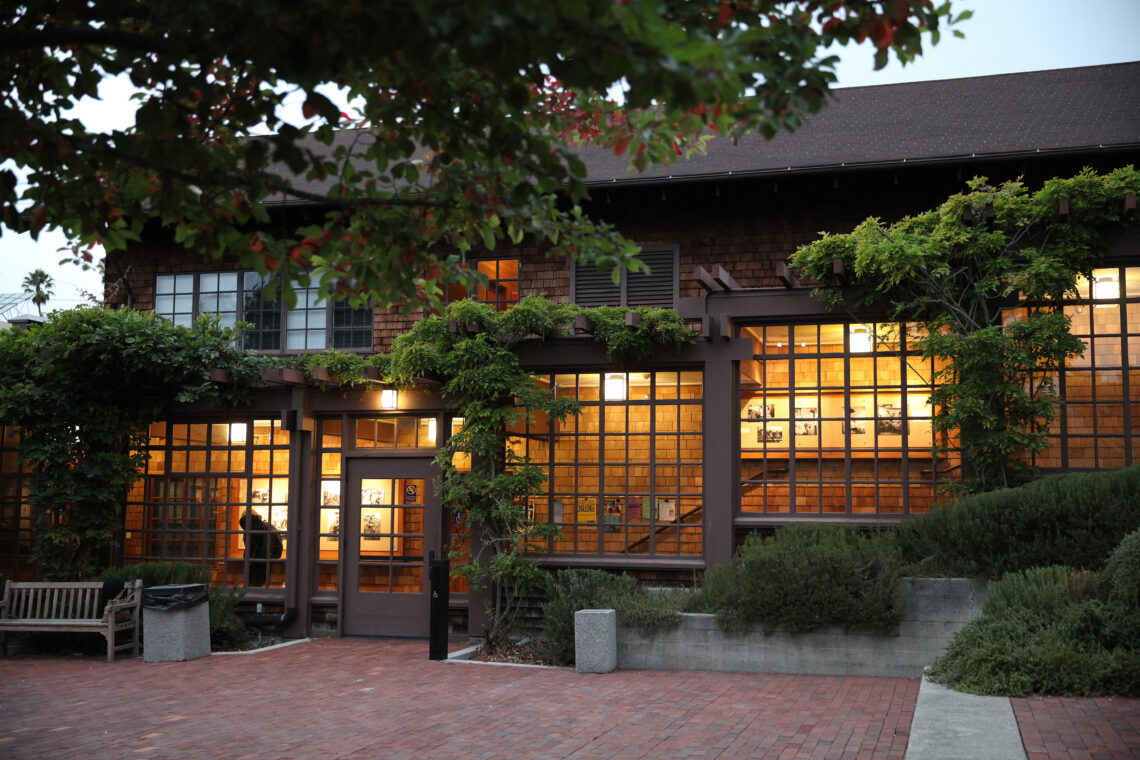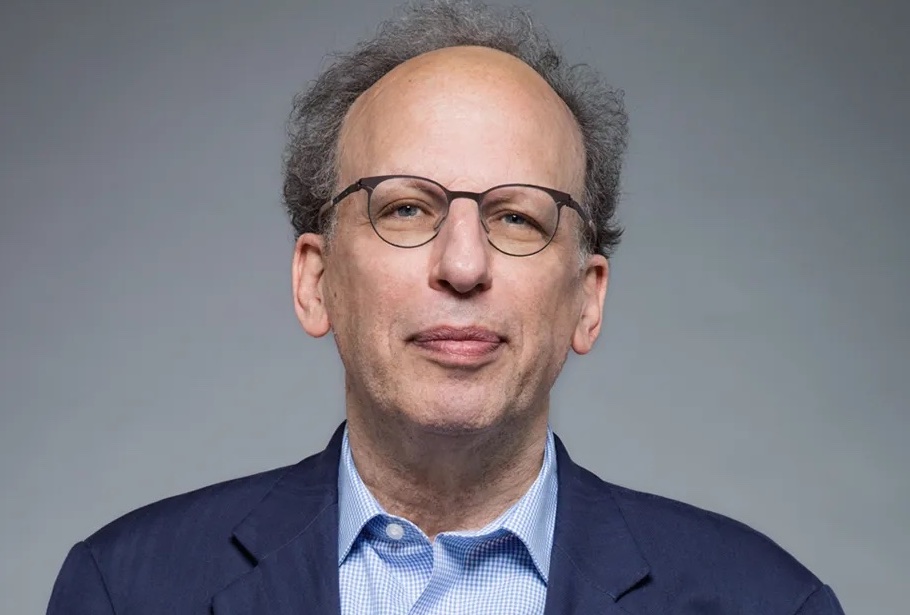 Brad Bailey, who graduated in May from the Graduate School of Journalism, has been named one of three winners in the Student Academy Awards for Best Documentary.
Brad Bailey, who graduated in May from the Graduate School of Journalism, has been named one of three winners in the Student Academy Awards for Best Documentary.
“Hale,” a documentary short on Berkeley-based disability rights pioneer Hale Zukas, 73, who has had cerebral palsy since birth, was produced as Bailey’s master’s project under the direction of Lecturer Bob Calo.
For Bailey, telling the story became almost an imperative, with an urgency he didn’t always understand, driven by the anonymity he saw in Hale’s life.
“People must know that the work Hale started for those with disabilities, here in Berkeley, along with many others like Ed Roberts and Judy Heumann, changed how we all look at the world- from curb cuts, to ramps, to the way we construct buildings,” says Bailey. “None of that would be here if it wasn’t for the work of that group.”
Bailey calls the documentary a “team effort,” and praised his colleagues at the School. The film’s co-producer was Isaac Smith (‘17). Pablo De La Hoya and Abner Hauge (’18) were associate producers and cinematographers. Loi Ameera Almeron (’16), Joe Bush, Nailah Morgan and Mahlia Posey (’17), Alan Toth, Jeff Weisinger, Nani Sahra Walker, Khaled Sayed and Grace Oyenubi (’18) assisted with production, from holding booms to running down the street after Hale, who travels at around 10-20 mph, during filming. Even the School’s IT director Roy Baril contributed to the music.
Edward Wasserman, dean of Berkeley Journalism says one of the things that’s remarkable about Bailey’s film is that the subject, Hale Zukas, is someone who has been a frequent presence at campus events over the years, but because he communicates in a unique way, through his tablet, few people understood who he was, let alone that he is one of the country’s great disability rights activists. “Brad unwrapped Zukas’ story and gave us an intimate and beautifully filmed look at how he navigates the world independently, illuminating a powerful story that has been around us, largely unnoticed,” Wasserman said.
Bailey hails from Moultrie, a rural farm town in Southwest Georgia. He graduated from Yale University with a major in political science and received his Master of Public Affairs from the Woodrow Wilson School at Princeton. He is now a graduate student in oral history at Columbia University, he says, “to assist in being a better storyteller.”
He has done extensive international reporting, from the struggles of a remote village in a rain forest of Madagascar, to the exclusion zone in Fukushima, Japan-–the site of the 2011 tsunami; to a small mining town of Labrador City, Labrador, to interviewing Syrian refugees in Jordan at Zaatari, the world’s largest refugee camp. He has also interviewed his share of celebrities and politicians from Hillary Clinton during the presidential campaign in Nevada for Capital Public Radio, and President Bill Clinton and Chelsea Clinton about the issues facing the people of Oakland for a local news outlet.
Like Hale, Bailey’s father is disabled. “When I was 15, he was heading to work one morning in Atlanta and survived a head-on collision with a tractor-trailer. That changed my childhood and allowed me to see the challenges of disability first-hand. He’s alive today and around Hale’s age.”
The Student Academy Awards were established in 1972 to provide a platform for emerging global talent by creating opportunities within the industry to showcase student work. The Academy voted 17 students winners out of 1,587 entries from 267 domestic and 89 international colleges and universities.
Bailey’s win marks the second year in a row that a graduate student from UC Berkeley has won the prestigious competition. A total of four Berkeley student filmmakers in the last two years received nominations.
Last year, 2016 J-School graduate Daphne Matziaraki won a Student Academy Award and was a finalist for an Oscar in the Documentary Short category for “4.1 Miles,” on the refugee crisis in her native Greece. Melina Tupa (’16) received a nomination for “The Search,” on an activist’s quest to find her grandchild following Argentina’s “Dirty War.”
This year, Jason Hanasik’s “How To Make A Pearl,” on the inner landscape and outer reality of John Kapellas, who for the last 10 years has lived in complete darkness, was also nominated.
The 44th Student Academy Awards will be presented in Beverly Hills on Oct. 12. The medal placements – gold, silver and bronze – in the seven award categories will be announced at the ceremony.
Bailey says the film should buoy people. “Hale wakes up every morning, and has done so for decades, for the right to live independently,” says Bailey. “He has also dedicated his life to helping others. He is truly an inspiration and the living embodiment of courage and sheer will.”
–Marlena Telvick
About the Documentary Program at UC Berkeley
UC Berkeley’s documentary program is widely considered one of the most important graduate nonfiction film programs in the country. Carrying on the work begun in the 1980s by producer Andrew Stern and pioneering filmmaker Marlon T. Riggs, professors Jon Else and Orlando Bagwell have trained hundreds of filmmakers of talent, diversity, and accomplishment.
Grounded in the values of professional journalism–accuracy, eloquence, aggressive research and reporting, strong writing, ethics and analysis–combined with fundamentals of solid filmmaking, documentary production at UC Berkeley emphasizes visual imagery and a wide range of storytelling styles: investigative, historical, biography, personal essay, and cinéma vérité.
Help the next generation achieve accomplishments like these by making a tax-deductible donation to our Fine Cut Fund today.



